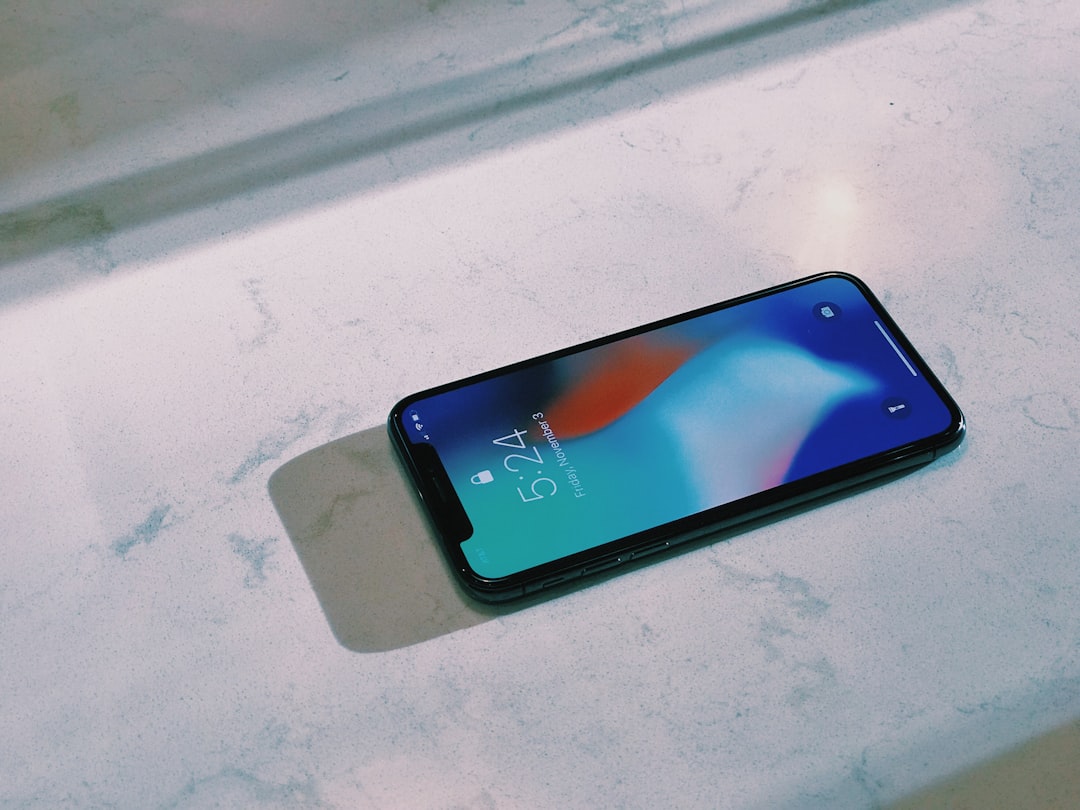Robocalls targeting seniors in New York have become a significant issue, leading to stress and financial losses. Despite laws designed to protect consumers, unwanted pre-recorded automated calls exploit health issues and technological illiteracy. The New York State Attorney General's Office tackles this problem through law enforcement and public education, safeguarding seniors from fraudulent schemes. Stricter robocall laws and app-based technologies using advanced algorithms offer innovative solutions, ensuring older adults can enjoy their golden years undisturbed by intrusive calls in New York.
In New York, robocalls pose a significant challenge for seniors, leading to concerns over their safety and well-being. This article explores the pervasive issue of automated telemarketing calls, known as robocalls, targeting elderly residents in the state. We delve into how New York’s robust robocall laws offer a framework to combat this problem, while also introducing an innovative app-based solution designed to enhance senior safety by shielding them from unwanted and potentially harmful robocalls.
Understanding Robocalls and Their Impact on Seniors in New York

Robocalls, automated phone calls that deliver pre-recorded messages, have become a pervasive issue for many seniors in New York and across the country. While they can be annoying for anyone, seniors are particularly vulnerable to their effects due to various factors, such as health issues and a potential lack of technological literacy. In New York, where robocall laws are in place to protect consumers, seniors often find themselves on the receiving end of these unwanted calls, promoting fraudulent schemes or trying to sell products and services.
The impact of robocalls can be significant for elderly individuals, leading to increased stress, financial loss, and even a potential decline in mental health. Many seniors may not always recognize these calls as scams, leading them to share personal information or agree to purchase unwanted items. The New York State Attorney General’s Office has actively worked to combat this issue by enforcing robocall laws and educating the public about the risks associated with such calls. This initiative is a crucial step in safeguarding seniors and ensuring they can enjoy their golden years without being targeted by unscrupulous callers.
The Role of New York's Robocall Laws in Protecting Elderly Residents

New York’s robust robocall laws play a pivotal role in safeguarding its elderly residents from unwanted and often fraudulent automated calls. These laws, designed to protect consumers, impose strict regulations on telemarketers and call centers, limiting the number of robocalls that can be made and requiring clear opt-out mechanisms. With a growing aging population, New York recognizes the vulnerability of seniors to deceptive practices, seeking to empower them with tools to combat these incessant calls.
By implementing such measures, New York aims to reduce the financial and emotional toll that robocalls can inflict on older adults. The state’s efforts to enforce these laws serve as a deterrent for malicious actors, fostering an environment where seniors feel safer from these intrusive and often harmful automated communication tactics.
Exploring an App-Based Solution: Enhancing Senior Safety from Unwanted Calls

With the rise of robocalls, especially targeting vulnerable populations like seniors in New York, exploring innovative solutions is more crucial than ever. App-based technologies offer a promising approach to combating this growing issue. By leveraging advanced algorithms and user feedback mechanisms, developers can create tools that identify and block robocalls effectively.
These apps cater specifically to senior citizens’ unique needs, providing an additional layer of protection within the digital landscape governed by New York’s robocall laws. Through real-time call analysis and community-sourced intelligence, seniors can stay safer from unwanted intrusions, ensuring a more peaceful and secure communication experience.






